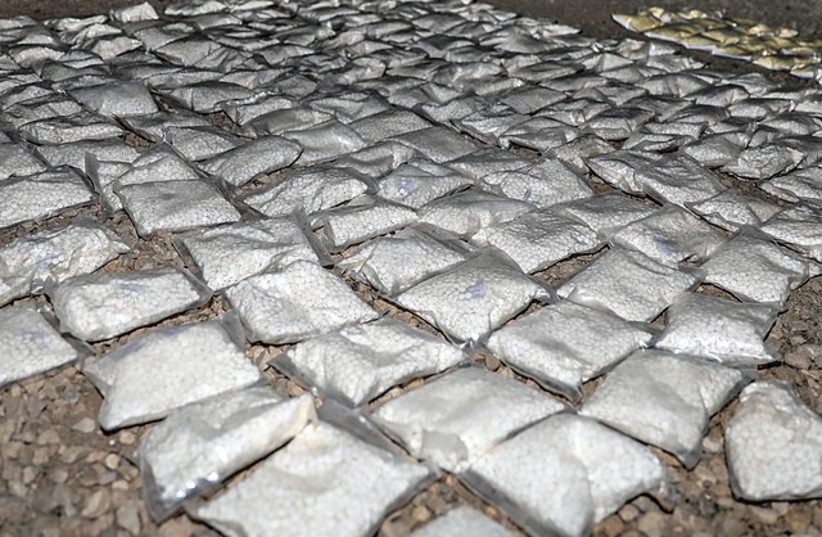- Joined
- Mar 11, 2013
- Messages
- 13,088
- Points
- 113
Syria's reliance on Captagon smuggling faces new challenges as the ongoing conflict with Hezbollah threatens to undermine critical revenues for the Assad regime

Syria's illegal drug trade, a critical economic pillar for President Bashar Assad's regime, is under threat as the ongoing conflict between Israel and Hezbollah disrupts the production and smuggling of Captagon, an illicit stimulant wildly popular across the Middle East. The weakening of Hezbollah, a key ally and facilitator in the drug industry, could lead to significant economic repercussions for the Syrian government.
The Role of Captagon in Syria's Economy
Captagon, a brand name for the synthetic stimulant fenethylline, has become a major source of revenue for Syria. The country is currently the world's largest producer of Captagon, with Syrian drug trafficking reaching nearly three times the value of the combined drug trade of Mexican cartels, according to Syrian economic journalist Samir Tawil.“The war in Syria has drained many economic resources, leading the regime to seek alternative funding,” Tawil told The Media Line. “Drugs of all kinds have become the most important economic resource for the Syrian regime and Hezbollah over the past 10 years.”
Sanctions and Key Figures in the Drug Trade
In March of last year, the UK, the US, and the European Union imposed sanctions on individuals suspected of involvement in the Captagon trade, including two of Assad's cousins. The Syrian regime, along with Hezbollah—the Lebanese group closely intertwined with the regime—is believed to rely on drug sales to fund military actions.According to the UK, Assad earns around $60 billion annually from drug revenue. During the announcement of its sanctions, the UK asserted that the Syrian regime “plays a central role in the drug trade, with shipments worth billions of dollars leaving regime-controlled strongholds like the port of Latakia.”

The 4th Armored Division and Hezbollah's Involvement
The drug trade in Syria is overseen by high-ranking officials and military units, notably the 4th Armored Division led by Maher Assad, the president's brother, and his deputy Ghassan Bilal. Both have been implicated in facilitating drug production and smuggling.In 2021, during the trial of Hassan Muhammad Daqou, a Syrian-Lebanese drug trafficker known as the “King of Captagon,” evidence emerged of conversations between Daqou and Bilal discussing smuggling drugs across the Syria-Lebanon border.
